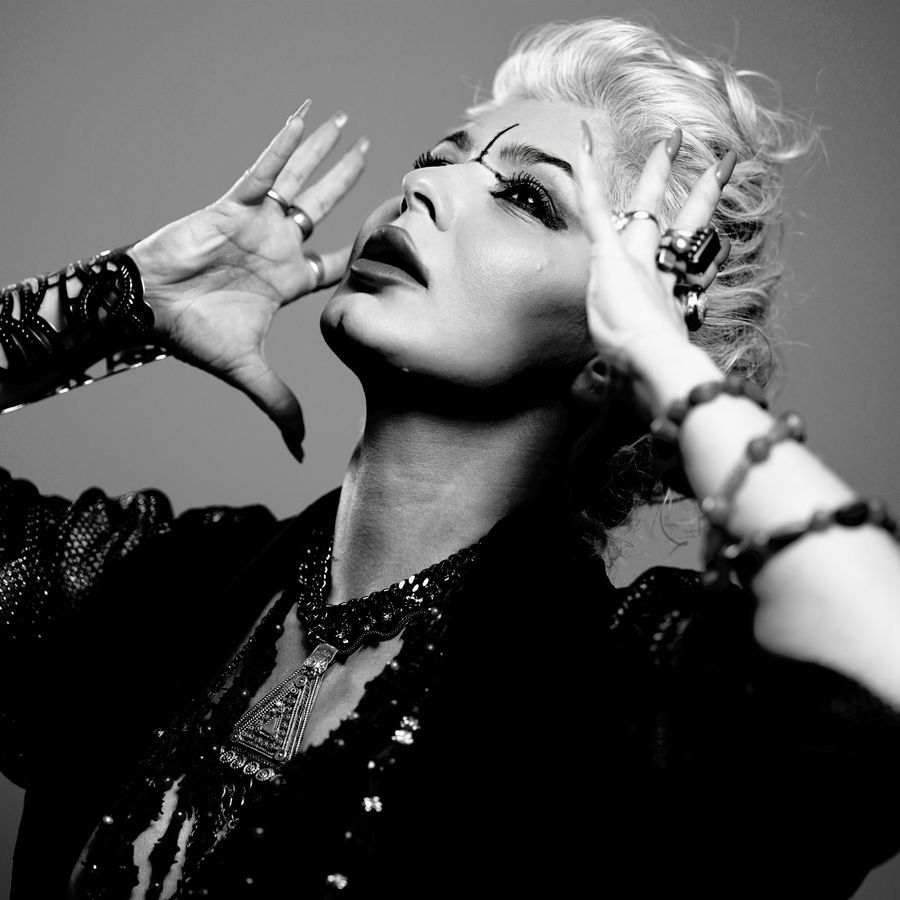
Forbidden Echoes (photo Siamand Mohammadi)
Forbidden Echoes
Hani Mojtahedy, Andi Toma, Golfam Khayam, Nader Adabnejad, Koninklijk Concertgebouworkest
Sat 28 Jun 2025
20:30
-
22:00
Sat 28 Jun 2025
20:30
-
22:00
-
Sat 28 Jun 202520:30 - 22:00Grote Zaal
Program
Nader Adabnejad Towards Affinity for ney, Iranian percussion and strings (commissioned composition, world premiere)
Golfam Khayam Concerto for viola, santoor and ensemble (new arrangement)
Hani Mojtahedy / Andi Toma Forbidden Echoes (new arrangement by Ian Anderson)
Credits
André de Ridder conductor
Kioomars Musayyebb santoor
Michael Gieler viola
Hani Mojtahedy voice
Andi Toma electronics
Koninklijk Concertgebouworkest production





